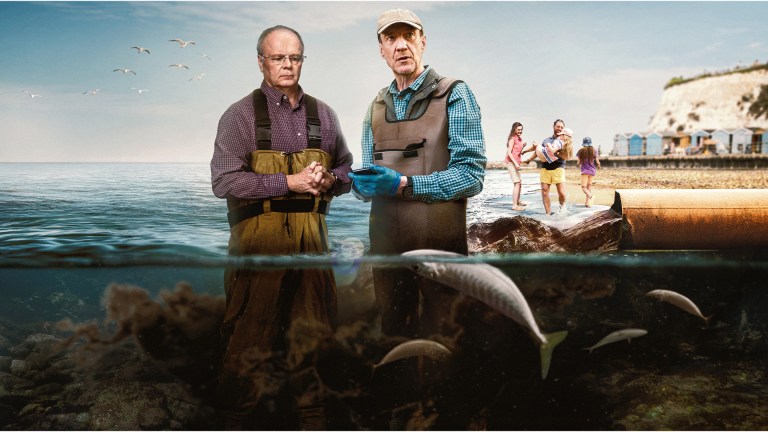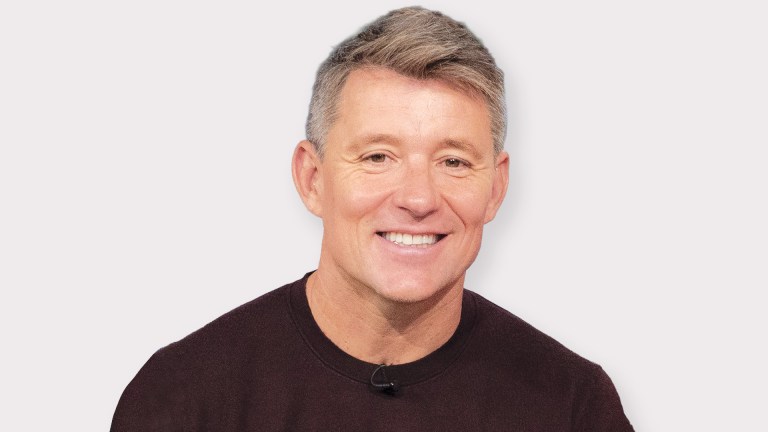At 16, I was at Holly Lodge Grammar School for Girls, Smethwick, which sounds very posh and wasn’t by any stretch of the imagination. A lot of people chose not to send their kids there because they thought it was so rough. But I loved it. I really hated primary school, a Catholic preparatory school. The nuns slapped you about the head. I was frightened of them. So how can you learn anything?
When people don’t feel like they have a place, school life is difficult. But I was good at sport and I made people laugh. I was never in school plays but I would fool around and entertain people. I didn’t work terribly hard. I played basketball, hockey and was a runner – 200m Worcestershire Champion in 1966! I watched so much Olympics recently, it exhausted me. I ran all the races with them, not breathing. That was very hard in the 10,000m. When Mo Farah fell over, it really hurt.
I was interested in boys but too lacking in confidence to push myself forward. Some girls at school were like women in their 30s. I was more like someone of about 11. I would advise my younger self not to worry about how much boys fancy you. I was always terribly flattered if someone fancied me. That seemed more important than what I thought about them. No! Really look at them. Don’t worry, there are plenty of them. Don’t take any shit.

We were a working class family without a book in the house but we all did further education of some description and my brother went to Cambridge. That was because of my mother’s drive. We were expected to do something with our lives. We weren’t going to work in a factory or a shop, though my dad was a builder and my mum packed chocolates in Cadbury’s. She was not having that for us. My mother wanted me to be a nurse. “You can go anywhere in the world!” she’d say.
We lived in an end of terrace house in Bearwood, Smethwick, which is now one of the most deprived areas of the country. It was a big, freezing old house, with a park at the end of the road. I was never allowed to go there because there were strange men, according to my mother. I didn’t know what that meant until somebody did try to abduct me when I was a child. We were playing in the garden of a big old empty house. And this man found us and basically assaulted us. “Lift up your dresses.” Nothing terrible, but he was trying to take us. I didn’t fully realise until I wrote about it in my autobiography. I recently wrote to one of the other girls, and she has had nightmares about it as well.
To be 16 in 1966 was incredible. I recently saw Ron Howard’s documentary on The Beatles. You could see all the girls screaming. I never did that, but I Wanna Hold Your Hand was playing when I was first kissed. It was just gorgeous. A great time. Then at college I embraced hippydom. I loved it. I had the long hair, huge bell bottoms, that Indian effect – the smell of patchouli is really evocative for me. I smoked dope. Everybody did. I liked it. Free love.









